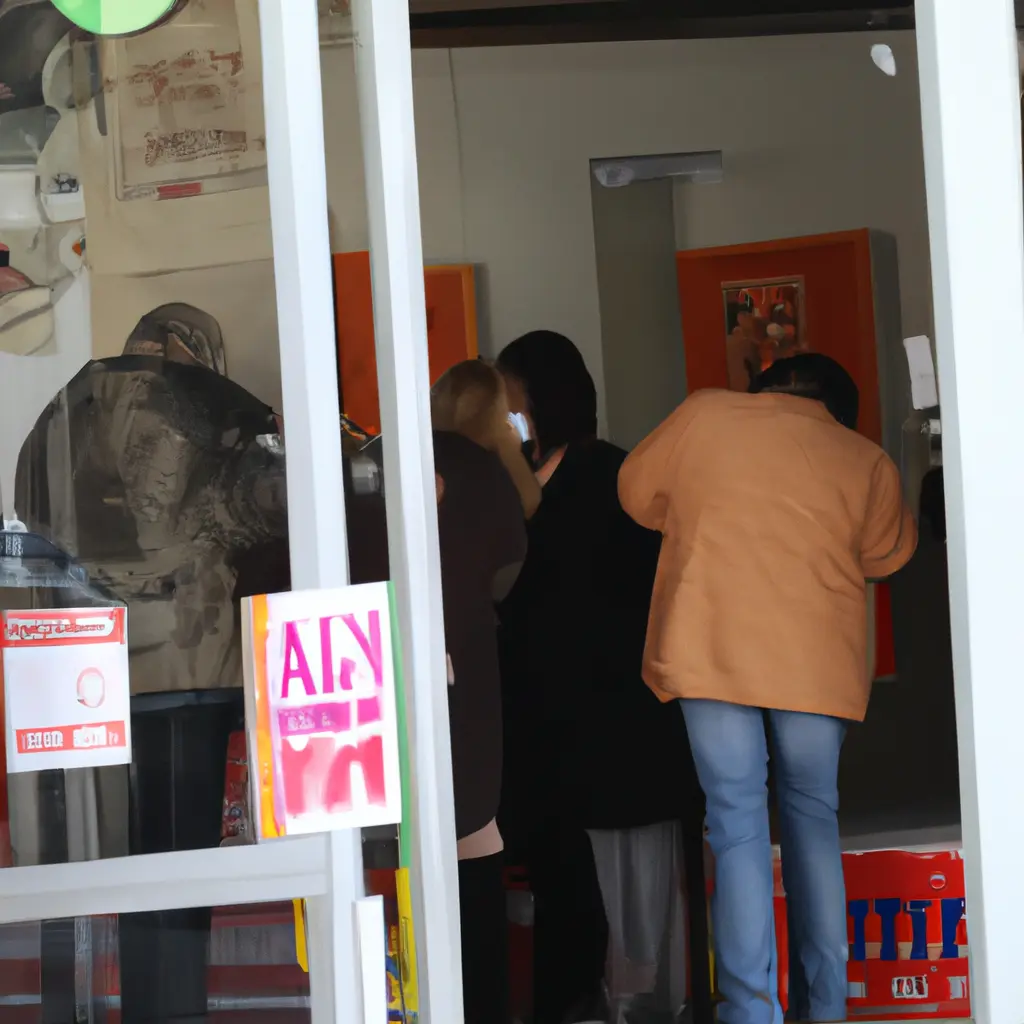In Turkey, most people buy homes because of high inflation.

Housing prices in Turkey have risen sharply for a number of reasons, including the desire of the wealthy to protect their savings from inflation, which has reached an annualized rate of almost 50%. Demand in the real estate market is outstripping price increases that exceed inflation by 10 percentage points, pushing prices even higher. At the same time, supply has declined due to a slowdown in new investment caused by a significant increase in costs in the construction sector.
In response to pressure from President Recep Tayyip Erdogan, Turkey's central bank cut its interest rate by 500 basis points for the last four months of 2021, despite rising inflation and to the detriment of the falling Turkish lira. The rate cut brought the bank's interest rate to 14% in December, while annual consumer inflation reached 36% and manufacturing inflation climbed to nearly 80% by the end of the year. This contrarian policy encouraged a move into hard currency and gold as real lira yields went into deep negative territory. Those who invested their money in hard currency and gold were not only able to offset the impact of inflation, but also realized real returns on an annualized basis.
According to January data from the Turkish Statistical Institute (TUIK), the U.S. dollar made the highest real return of 23% for the year, followed by gold (cast) with 19.7% and the euro with 14.5%, while those who relied on deposit interest and government bonds suffered losses of 22.75% and 32.7%, respectively, in real values. It was against this backdrop that many turned to buying real estate to protect their savings from inflation. Home sales were already on the rise in 2020 and did not lose their momentum last year, even as prices rose by 60%. In Istanbul, Turkey's largest city, where annual price growth reached 63%, the average price of an apartment per square meter is 121% higher compared to the capital Ankara and 34% higher than in the third largest city Izmir. Housing sales in Istanbul account for about 20% of nationwide sales by number and about 60% by turnover per unit.
According to the TUIC and the Central Bank, about 1.5 million apartments will be sold in Turkey in 2020. Last year, almost the same number of apartments, about 1,492,000, were sold despite a nearly 60% increase in prices, which have already risen 30% in 2020 and 10% in 2019. The nearly 60% increase in 2021 exceeded inflation by 24 percentage points, meaning that those who invested in housing made as much profit as those who relied on the U.S. dollar. And while government interventions have tried to prop up the lira and thus curb the dollar's appreciation since December, nothing has been able to stop house prices from rising.
Another major factor driving up housing prices is the slowdown in the country's construction sector, which had been growing until a few years ago and became one of the symbols of Erdogan's rule nearly two decades ago. Construction costs, including material and labor costs, rose 68 percent in 2021 after rising 25 percent in 2020 and 10 percent in 2019, TUIC data showed. Prices of construction materials rose 85% last year, not to mention sky-high land prices in major cities. All of these factors portend a prolonged slowdown in housing production and further increases in home prices.
Rising home prices have discouraged demand for loans, as few are willing to take on large debts amid the economic uncertainty gripping the country. In 2020, mortgages rose 37% and mortgages accounted for 38% of all apartment sales. Last year, mortgage loans grew by just 8% to 273 billion liras and mortgage sales accounted for less than 20% of all apartment sales despite relatively low interest rates.
Home prices have also lifted rental prices, especially in major cities where migration is fueling rental demand. According to a study based on data from the Center for Economic and Social Research at Bahçeşehir University in Istanbul, the average rental price per square meter in Turkey rose 68.7 percent in December from a year earlier. In Istanbul, the figure reached 84.6%, bringing the average monthly rent for a 100-square-meter apartment to 4,000 liras ($281), almost equal to the minimum wage of 4,250 liras ($298). The annual increase in price per square meter was 62.2% in Ankara and 56% in Izmir. Rental prices also increased in real terms, not only in the three largest cities but also across the country, which is a significant incentive to invest in housing.
Another important indicator is real estate purchases by foreigners, which Ankara tries to encourage by granting Turkish citizenship to those who buy a property worth at least $250,000 and keep it for at least three years. Such purchases by foreigners accounted for 4.7% of the total number of home sales in 2021, amounting to about 4,000 apartments. Real estate sales to foreigners, including housing and other properties, totaled about US$4 billion, according to the central bank. Foreign buyers, mainly from the Middle East and Russia, contributed to demand, attracted by both citizenship incentives and the depreciation of the lira, which made purchases cheaper for those buying with the hard currency.
Comment
Popular Posts
Popular Offers

Subscribe to the newsletter from Hatamatata.com!
Subscribe to the newsletter from Hatamatata.com!
I agree to the processing of personal data and confidentiality rules of Hatamatata














